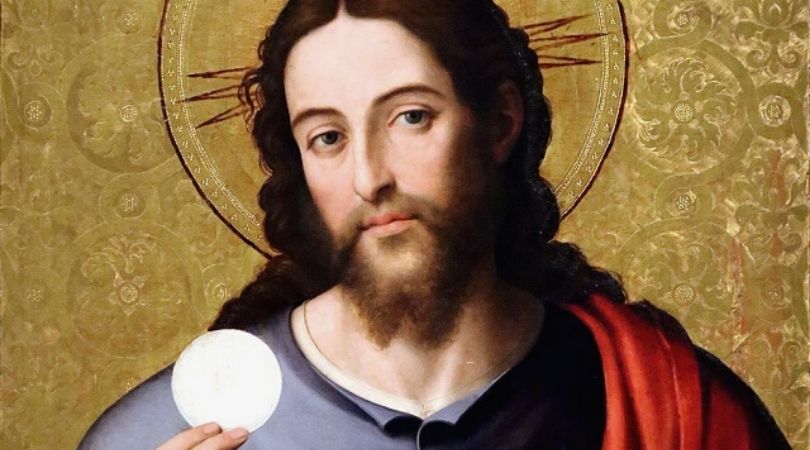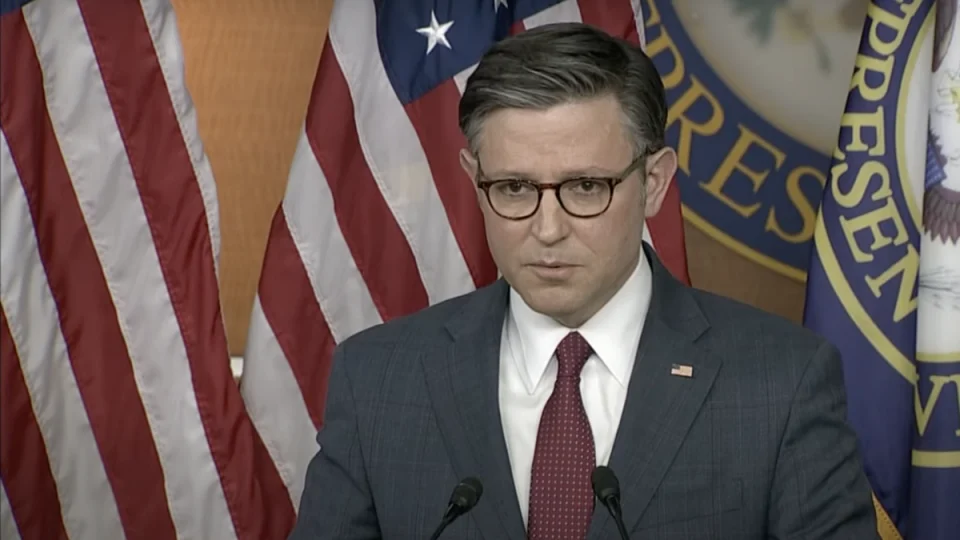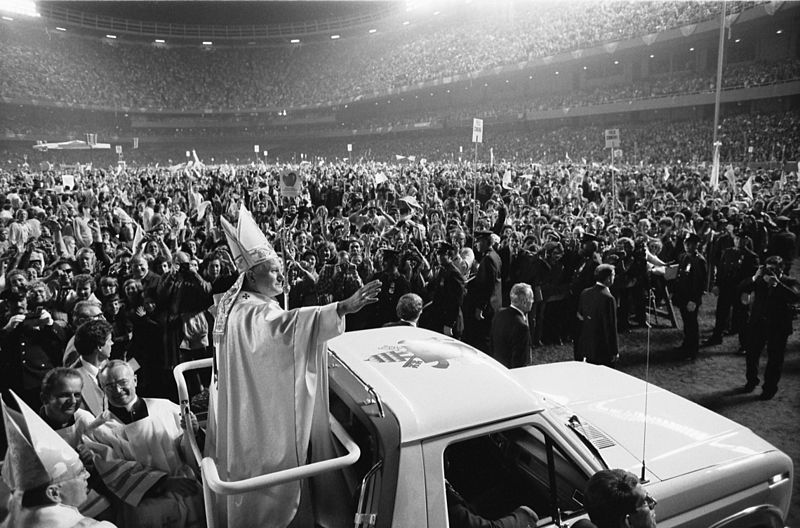Fr. Dwight Longenecker: The Catholic Church’s Culture Clash
April 4, 2019‘Unplanned’: Abby Johnson’s Story Exposes Both Abortion and Complicit Silence, by John Stonestreet
April 4, 2019
By Marcel LeJeune, Catholic Missionary Disciples
I worked in Campus Ministry for 15 years. It is a place of “hellos” and “goodbyes”, due to students coming and going every few months. This constant shifting landscape helped me better understand how to plan for anticipated change. This vision, anticipation, and planning made me a more proactive leader.
One of the missing ingredients in many Catholic leaders is being proactive rather than reactive, yet this is a learned skill that they can grow into.
In this post, I would like to explore some ways a Catholic leader can become more proactive and what some of the differences are between proactive and reactive leadership.
Reactive Catholic leaders:
-
Believe the Church has problems we need to solve.
-
Plan in order to “fix these problems”
-
Value the day-to-day at the expense of the big picture.
-
Find that modern culture is so broken it is breaking the Church too.
-
Respond quickly to issues and problems with the desire to quickly “fix” them.
-
Lack momentum, rather they are pushed by existing momentum.
-
Wait for renewal to happen, as if they play no part in it.
-
Lots of frantic activity, but little long-term positive results. Say “yes” to too much.
-
Decide what to do, based on the most urgent task in front of them. Think of riding the rollercoaster.
-
Wait until everyone else is doing something, even if they believe they ought to be doing it first.
Proactive Catholic leaders:
-
The Church has a mission we need to fulfill.
-
Plan in order to fulfill a mission.
-
Know where they are going, what the big picture is, and how to implement it in the day-to-day.
-
Realize modern culture is the path God has chosen us to travel and has good & bad as every age does.
-
Respond to problems with intention and a desire to understand them before reacting to them.
-
Create momentum by pitching a vision that creates buy-in from the community.
-
Know renewal of the Church won’t be easy or quick – so they think & plan for the long-term.
-
Prioritize actions that will lead to long-term results, not just immediate gains. Say “no” often.
-
Decide what to do, based on the most important task in front of them. Think mountain-climbing.
-
Do things because they are the right thing to do, regardless of whether everyone else is doing them or not.
Let us look at one issue through both lenses. We all know that if people aren’t going to Mass, it is because they don’t see the value to it. How do we change that? A reactive Catholic leader will start by seeing the problem (folks aren’t in Mass). Then they get frustrated, maybe even a bit upset. They then start to search for a strategy that will get people back to Mass. They may implement a program that worked at another parish. They may search for ideas on the internet. They may try all kinds of things, but we know that few parishes have turned around Mass attendance. So, the vast majority of strategies have proven to fail us. Why? Because people aren’t a problem that needs to be fixed and the reasons they aren’t going to Mass are much different than just having a program at a parish that welcomes them back.
A proactive Catholic leader doesn’t look at just the problem. They want to do what Jesus asked them to do. So, instead of asking “how do I get people back to Mass”, they ask, “how do I fulfill the Great Commission and stay obedient to what Jesus commanded us to do?” The point isn’t to do something small, but something HUGE. We need to aim for making great saints and evangelists out of everyone. This is our goal. Is it a huge task? Of course, but God is up to it, why not us? So, let us aim for heaven and then everything else (including Mass attendance) will be solved.
If we make true disciples out of others, then all the other issues will eventually get better too!
Some facts we know about the Catholic Church:
-
The issue is not doctrine, if it is true.
-
The issue is not the Gospel, if it leads to life.
-
The issue is not the Sacraments, if they give us grace.
-
The issue is not our hierarchy, if it is God-willed.
-
The issue is not the Scriptures, if they are Spirit-breathed.
-
The issue is not Jesus, if He is God.
Then many may say that the issue are external to the Church. But, that isn’t the right answer either. Here are more facts:
-
The issue is not the culture, but the Church that isn’t reaching the culture.
-
The problem is not the people who don’t know God, but the Church that isn’t making disciples.
-
The problem is not politicians who have forgotten God, but a Church that has forgotten her identity as evangelists.
-
The problem is not moral relativism, but a Church that has lost her moral credibility, because of bad leaders.
So, rather than placing blame elsewhere, the Catholic leadership need to own the collective failures of our Church. Individual Catholic leaders need to own their failures too. Since the problem is not in Catholic devotions, Sacraments, teachings, doctrine, hierarchy, structure, etc. The problem is in our approach to these things. In other words, the problem is in our vision, strategy, execution, lack of holiness, lack of accountability, and lack of prayer.
The issue is that we have reactive leadership.
If you are a leader in a parish or diocese, ask yourself these 4 questions:
-
Who are you leading? Not just, who do I have authority over. Rather, who is following me, when I lead. Are these people intentionally following you and do they know where you are leading them, because if they don’t, then you aren’t a true leader – you are a manager. The Church needs more purposeful leaders.
-
Who am I following? You need to know who you are listening to, being mentored by, and following. This isn’t just about listening to a podcast, reading a book on leadership (or this blog), or even following Jesus. Rather, this is about real friends who you look up to and are intentionally guided by. Do they know you deeply? Are you close to them? Do they have a plan to help you be a great saint and evangelist? If not…then you are not being led well.
-
Where are we going? If you are not sure, then how can you measure success or lead others? You can’t. What is the overarching strategy to guide your mission? Do you have a vision and strategy to achieve it? Here is one way to envision what success in a parish looks like.
-
How will we reach our destination? What tactics can we employ to help us. If you don’t know, then we encourage you to read other posts on this blog that explore how to best reach others for Jesus.
For too long the Church has depended on reactive leadership that waited for the world to come to them and then tried to “fix” all the internal and external problems we see.
This experiment in leadership has failed us.
Now is the time to appropriately plan on how we can achieve the mission Jesus has given us, to “make disciples of all nations”.







